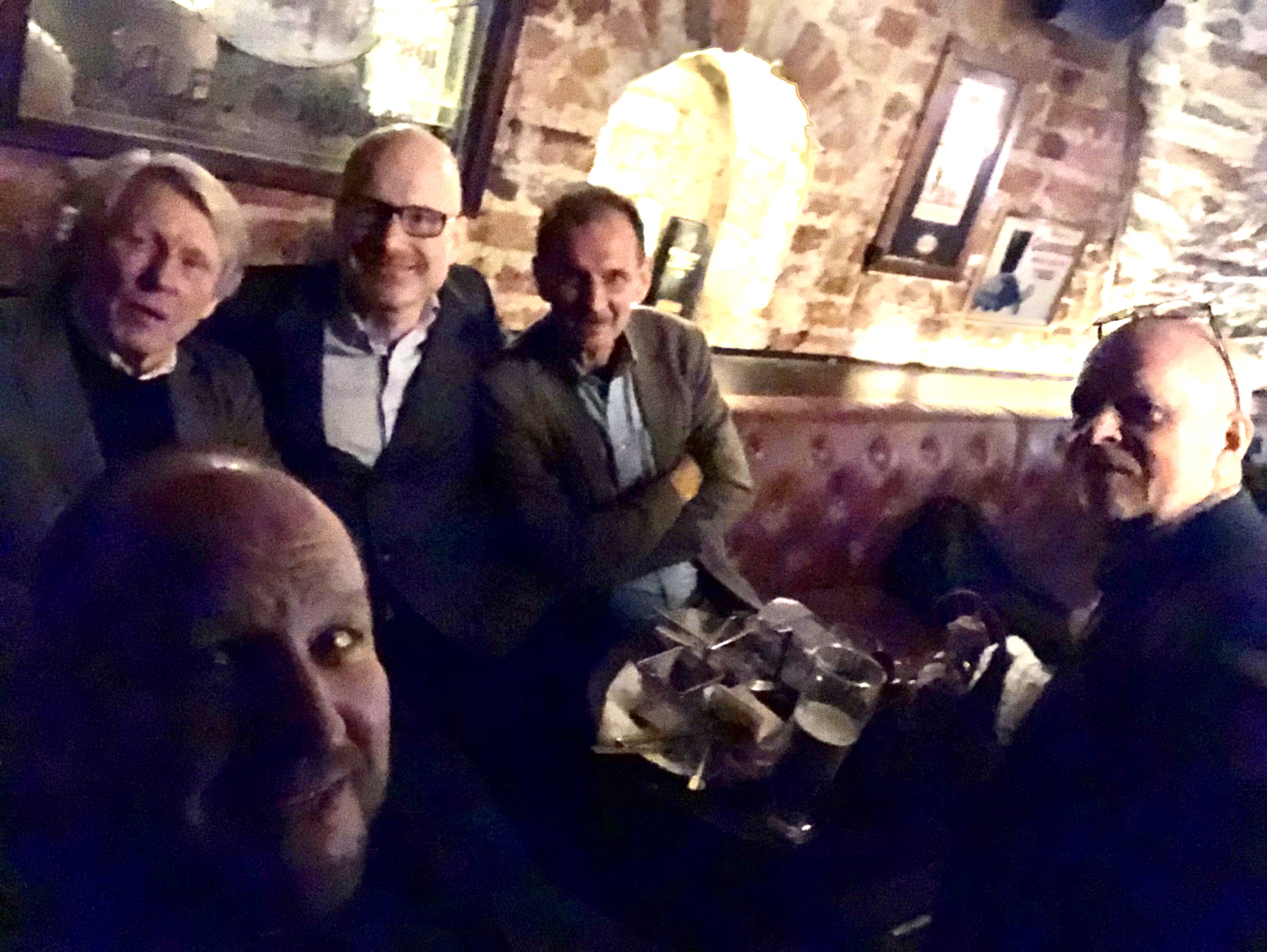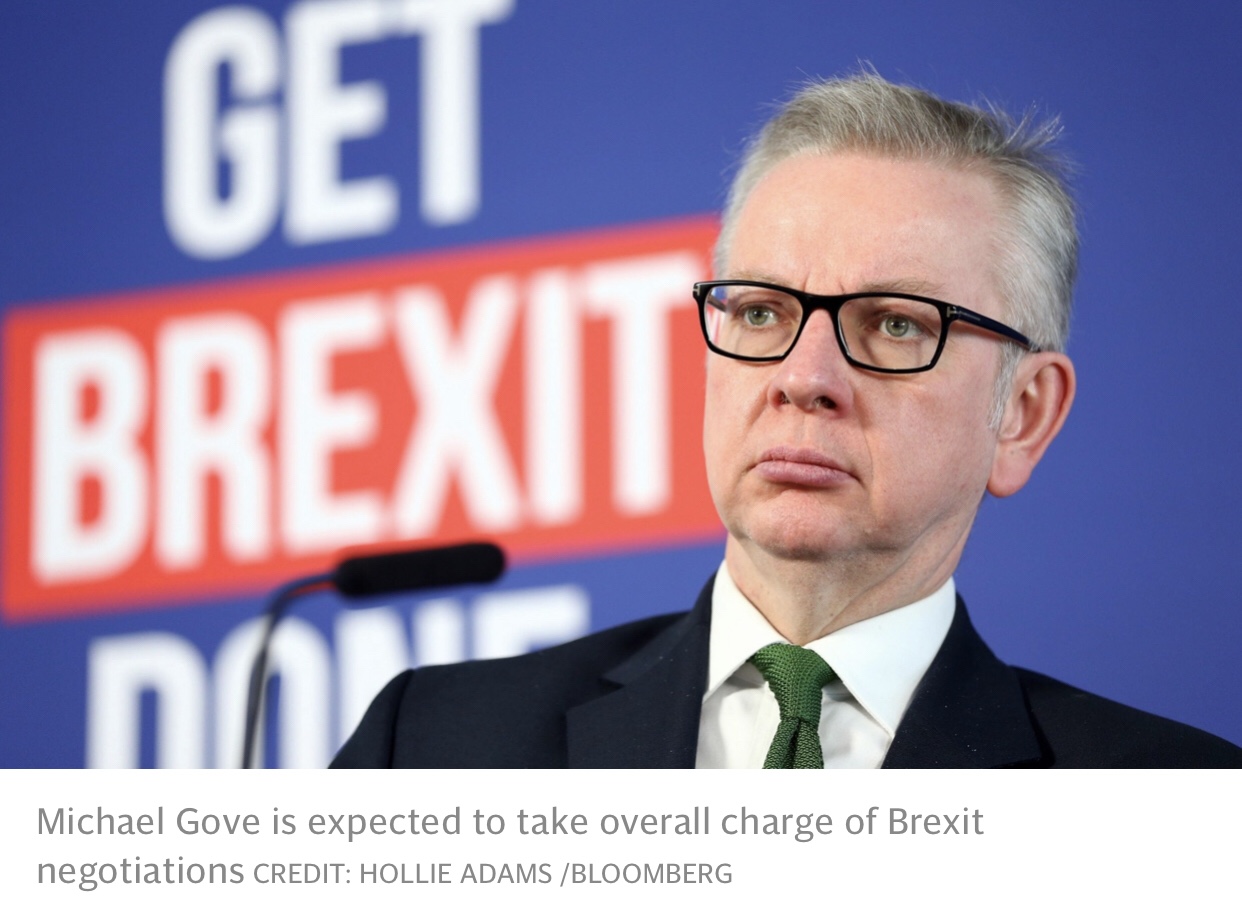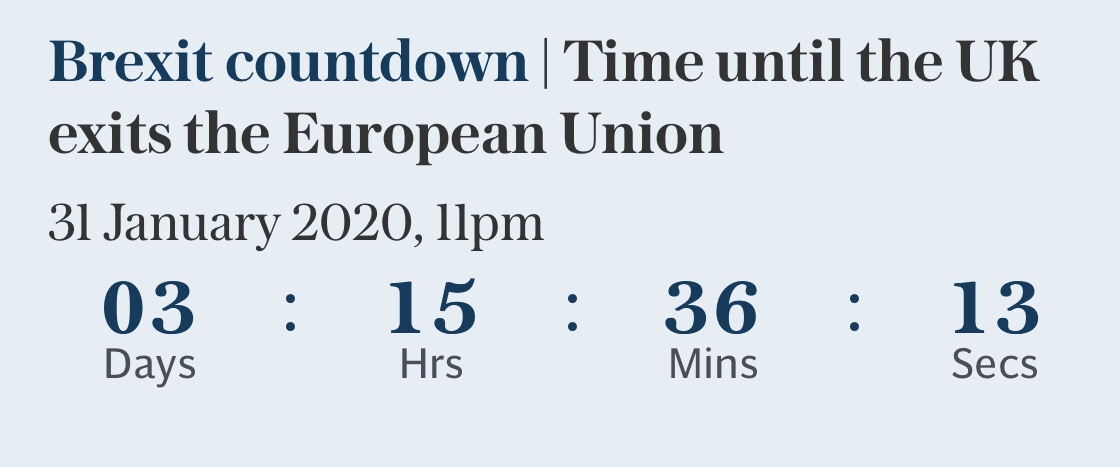Irish Prime Minister Leo Varadkar has suggested the EU will be the “stronger team” in post-Brexit trade talks with the UK.
Comparing negotiations to a football match, he suggested to the BBC that the EU would be at an advantage due to its larger population and market.
The taoiseach said he did not think the UK had “yet come to terms with the fact it’s now a small country”.

Boris Johnson said he would be able to “wrap this all up” by the end of 2020.
Mr Varadkar held talks with EU chief negotiator Michel Barnier on Monday.
Speaking after the meeting, Mr Barnier told reporters the two sides faced “the risk of a cliff edge” if trade terms were not agreed by the end of the post-Brexit transition period in December.
He cautioned that a “very short time” remained to “rebuild” the UK-EU relationship.
In an interview earlier with BBC political editor Laura Kuenssberg, Mr Varadkar also said striking a deal in this timeframe was possible but would be “difficult”.
He pledged the EU would not be “dragging its feet,” but added: “My assessment is that it is more likely that we will need an extension in order to finalise a free trade agreement and future economic partnership than not need it.”
To read the entire article, click here: EU will have stronger team in trade talks with UK
Source: BBC
Yesterday I spent a day in the capital for meetings with Government and clients.

I also attended a great lunch to celebrate that it was 20 years since the first Authorised Economic Operator (AEO) programme was released in Sweden (The Staiway).

In the evening we had a fantastic evening with a group we called The Iron Gang (Jerngeneget). These are my former mentors – and colleagues – in the Public Sector thatvhave held keynpositions withon Govenrment all their lives. Wonderful people and friends but also extremely knowledgable and with more intellgence/informal news than CIA and Mossad combined.
The Telegraph reports how UK business groups have raised their worries in relation to the Brexit implementation period.
Though I know that UK Government right now is working hard to set-up the proper infrastructure for the negotitaions on future relations and all institutions are preparing their programmes for the Brexit implementation period, it is naturally busy times also in the private sector that certainly still need to prepare in the months to come.

Some examples about reported business worries from The Telegraph article:
“HMRC has estimated that up to 250,000 businesses, many of them SMEs, will need to deal with customs formalities for the first time after Brexit, with declarations increasing fivefold from around 55 million at present to up to 270 million a year in the hardest WTO-only scenario”
“At the same time, the UK has only around 4,000 trained customs clearance officers, with industry estimates putting the total needed at 15,000-20,000, with each officer taking one to two years to fully train”
“Although technology can help with manpower shortages, computerisation is not a solution since HMRC rules require declarations to be punched in manually, not using artificial intelligence”

“Similarly, The Telegraph understands that the Freight Transport Association wrote to the Treasury after Christmas requesting information on how the Government proposed to address the customs brokers’ shortage”

“The FTA warned that business needed information, for example, whether the Government would look to sign a “mutual recognition agreement” for authorised economic operators (AEOs) with the European Union”
To read the entire article, click here: Business groups join trade talks amid fears it is ‘too little, too late’
Source: The Telegraph






You must be logged in to post a comment.